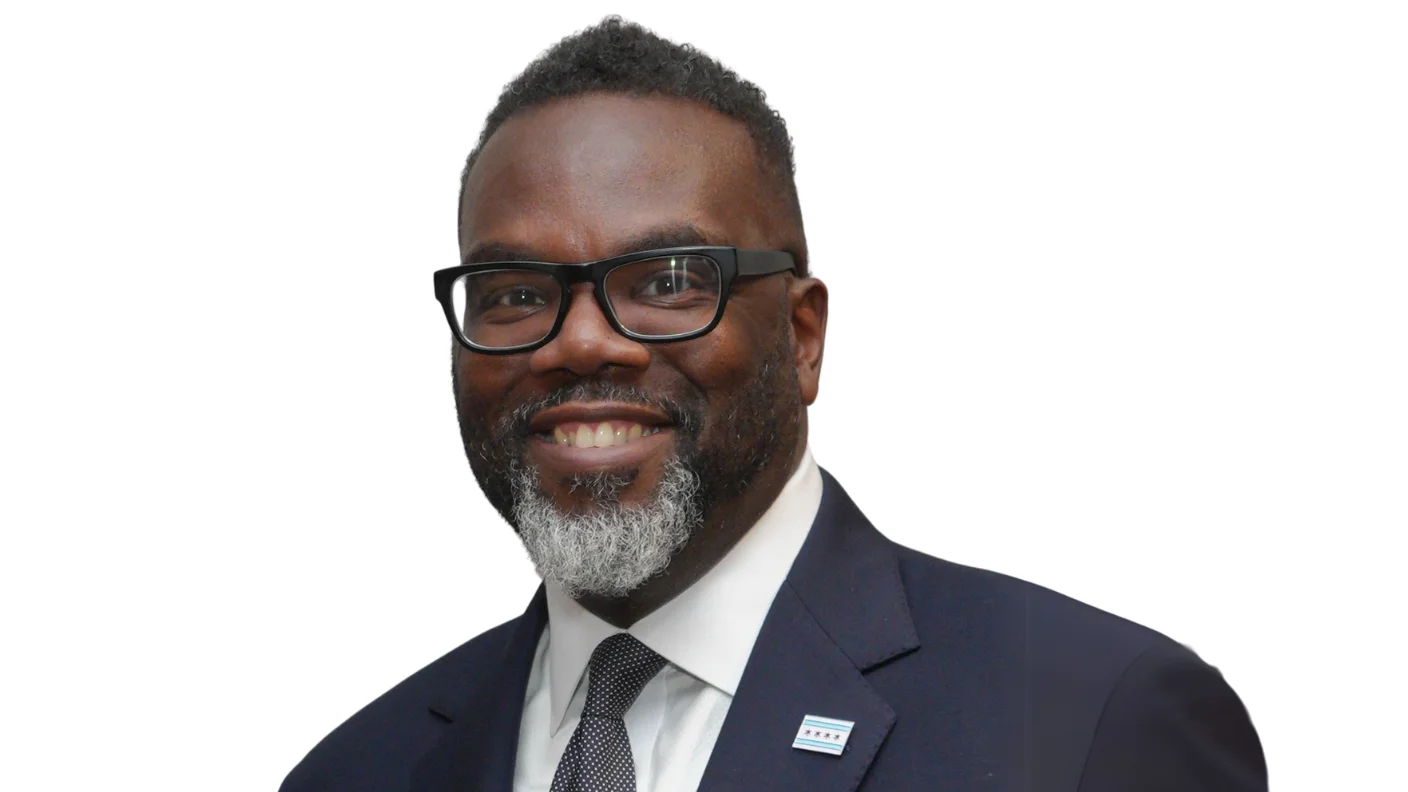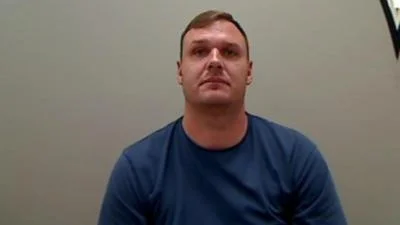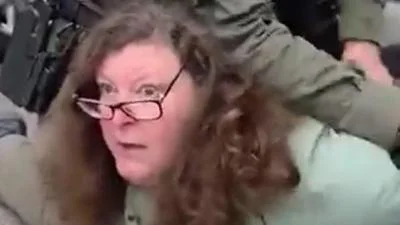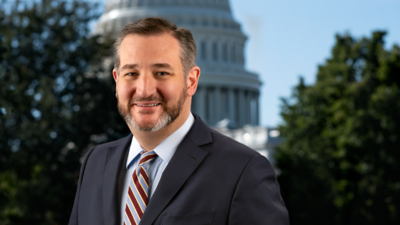Brandon Johnson Mayor | Chicago Contrarian
Brandon Johnson Mayor | Chicago Contrarian
Mayor Brandon Johnson has faced criticism for his handling of crime in Chicago, with some arguing that the recent decline in violent crime is not a result of his policies. While Johnson has emphasized "progressive" reforms as key to improving the city’s fiscal and public safety issues, critics point to other factors.
One major factor cited is the appointment of Police Superintendent Larry Snelling, described as highly competent. However, beyond this decision, Johnson's administration is said to have made few significant changes regarding violent crime.
Nationally, violent crime rates have fallen since the end of COVID-19 pandemic restrictions. This trend is linked to schools reopening and a stronger police presence in high-crime neighborhoods. Until 2025, Chicago’s reduction in murders and shootings was about half the national average for cities with populations over 250,000.
During the pandemic years, Chicago saw a larger surge in violent crime than most major U.S. cities. Several issues contributed to this situation: police staffing dropped by about 1,700 officers since 2019; 911 response times worsened; and arrest rates for major crimes fell to historic lows—about six percent.
Additionally, Cook County’s pre-trial release program meant that more than 90 percent of violent offenders remained on the streets daily. According to CWB Chicago, one in five people arrested for felonies were already out on pretrial release for another offense. Between 2020 and 2024, there were at least 408 individuals charged with murder or attempted murder who were awaiting trial while out on pretrial release for other felonies.
School closures during the pandemic also played a role in rising youth violence. Pressured by threats of strikes from the Chicago Teachers Union (CTU), city officials kept schools closed longer than most districts—78 consecutive weeks—which led to an increase in homicides and shootings among those aged 17 or younger by 50 percent.
Johnson has argued that improvements are due to his "investments in people." The press release states: “Though evidence that crime’s decline is tethered to COVID fading, Mayor Johnson continues to insist the sharp decline in shootings and murders seen in 2025 reflects the success of his ‘investments in people.’” However, critics note that reopening three mental health clinics and promises of affordable housing have produced limited results so far.
The article credits new Cook County State’s Attorney Judge Eileen O’Neill Burke with driving down crime through stricter prosecution policies compared with her predecessor Kim Foxx. The statement reads: “So what explains Chicago’s long-awaited turnaround? The difference-maker is new Cook County State’s Attorney Judge Eileen O’Neill Burke.” Under Burke’s leadership—11 months into office at time of writing—detainments for gun offenses increased sharply as she reversed previous lenient prosecution practices and prioritized detaining those accused of serious crimes.
The report notes monthly admissions to Cook County Jail ordered detained rose by nearly half overall (47 percent) for gun-related crimes since Burke took office; domestic battery admissions increased by over eighty percent (81 percent).
Johnson had opposed Burke during her election campaign while supporting Clayton Harris III—the candidate who pledged continuation of Foxx's policies. According to the article: “Chicago’s 2025 improvements in murder and shooting rates are therefore clearly linked to Burke’s leadership, not Johnson’s policies.”
The press release calls on Mayor Johnson and other city leaders such as Cook County Board President Toni Preckwinkle to recognize Burke's impact on public safety: “Every mayor seeks acclaim for reductions in crime. Mayor Johnson should publicly recognize Burke’s impact on the improving conditions on the street.”
It concludes that consistent enforcement from prosecutors like Burke restores public confidence in law enforcement: “Crime falls when justice is predictable. Burke’s success comes from her focus on protecting victims and holding offenders accountable.”




 Alerts Sign-up
Alerts Sign-up